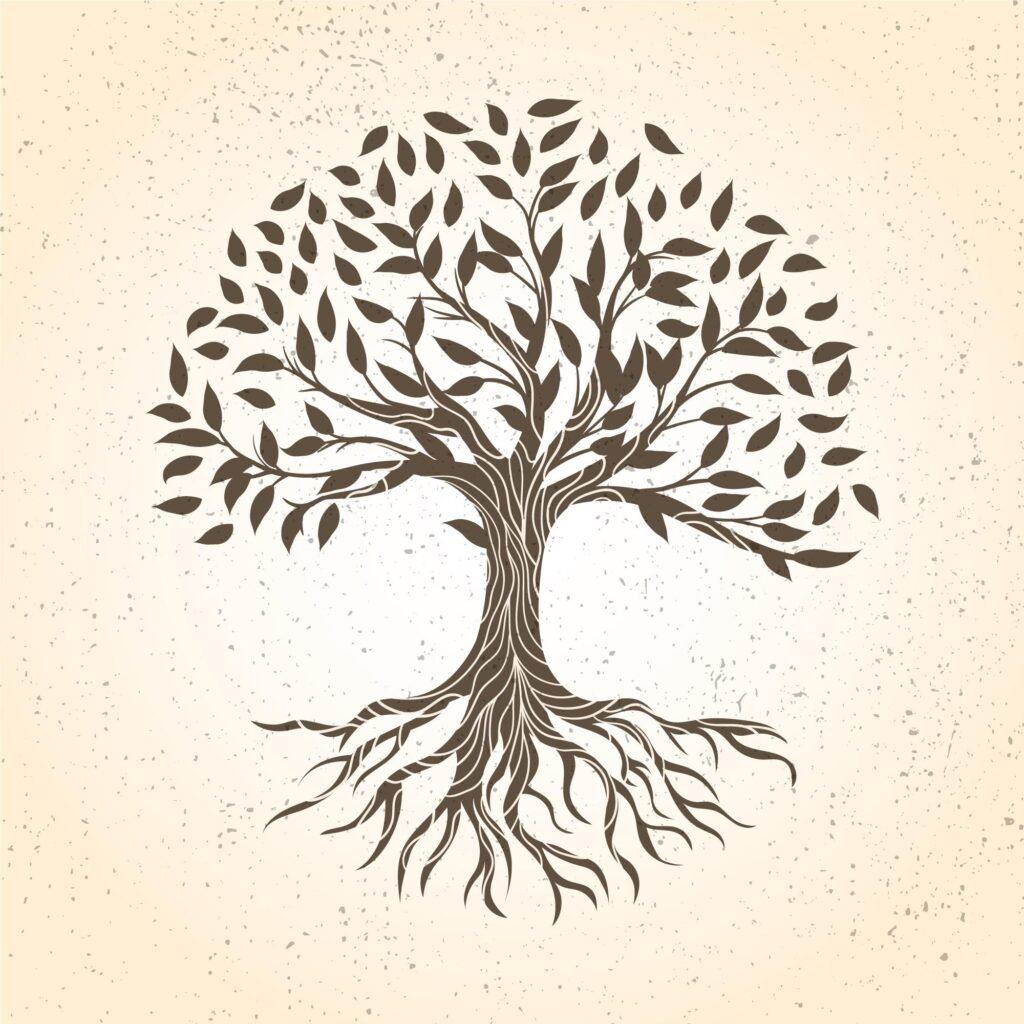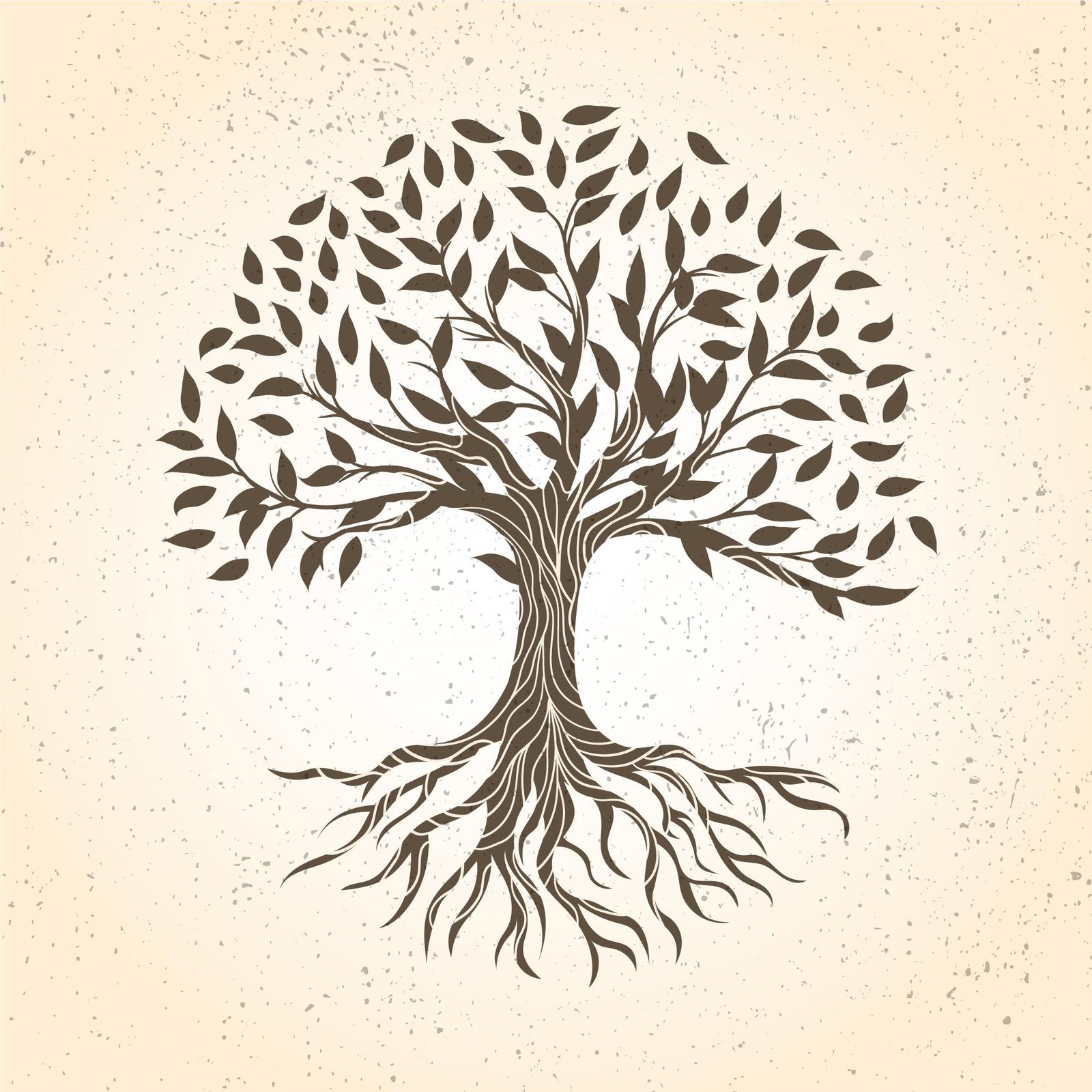
It’s not by accident that we are touching on the tender, and sometimes even the emotional, topic of family during the blooming season of spring approaching and while some of us college students are on spring break or spring break is approaching so some of us go back home to be with family tree. Sometimes family dynamics can be difficult, tense, awkward, stressful, etc. I’ve heard my friend tell me about her cousins always wanting her to say happy birthday or remember specific dates or call them/pick up their call whenever they want or they’ll block her instead of thinking about her own life stresses and busy schedule. Is there any way to discuss the complexities of dealing with family members on our journeys, along with discernment? Also burdens of obligation to family members? How to define family in this life and navigate the differences in mindset between us and our family members?
There’s a lot of family baggage, burdens, feeling obligations to family, a lot of that can come right up to the surface during the break. But there are also wonderful memories and love and nourishment and joyful times that you can spend with family as well, and sometimes instead or sometimes, there are feelings of trauma or obligation, especially family we haven’t seen in a while.
There are many things out there that disillusion us regarding thinking about family and the concept of family and how to navigate being in a family. But the Bible says put God first and you’ll see your fruit.
“But seek first the kingdom of God and his righteousness, and all these things will be added to you.”
Matthew 6:33
These programming and delusions come from the 3d reality. In other words, we are fed and exposed to myths as we grow up in a human society in the 3d material world where there are certain dominant values and belief systems that tend to rule our lives and most of us believe in them, to some extent. We use these systems to organize ourselves as a species here on earth and understand our relationships with each other.
When it comes to family, some of the most dominant, some of the most strongest myths and programming that rule our human world include “blood is thicker than water,” meaning that family is more important than anything else and must be regarded as this sacred thing basically that it is a sin to cross or betray our families in anyway or to leave the family that we are forever indebted to our family at all cost. This delusion tends to create an us vs them mindset, my family vs everyone else that doesn’t belong to our family. It is a tribal mindset because we don’t want outsiders who can take our resources, harm us, and run away. This delusion also tends to minimize other relationships that are key outside of sharing DNA like colleagues, mentors, teachers, pastors, friends. Families that believe this term can be rejected and it is difficult for them to be fully accepted in the family. Like when one of the children gets married, the new partner isn’t accepted because they’re not one of them, which creates conflict and tension in the family system because you feel not wanted, rejected, etc. Even when we do belong to a bloodline, we still feel like the black sheep, alien, and don’t fit into the family. This can be a painful experience and I’m sorry if you’re going through that to not be seen and loved for who you are.
“For my father and my mother have forsaken me, but the Lord will take me in.”
Psalm 27:10
It can be hard for interplanetary souls to integrate and exist in a family that is mostly made out of earth based souls. So the mindset, personality of earth based souls vs star seeds are different. One is not better because both are needed for a harmonious balance on earth and universe, but they are radically different, and can make you feel excluded, especially if they have a blood is thicker than water mindset. You might feel like relationships and connections outside of earth based families are closer, and might want to leave the birth family and create a new one because of these grave differences and complexities.
These beliefs that we must protect and defend and stick with our family no matter what whenever and whatever they do above everyone else can be very destructive if we live in a family who is abusive, narcissistic, cold, unloving, or maybe they don’t even intentionally hurt you, this mindset allows us to sweep things under the rug, convince ourselves that we are the problem, so basically to gaslight ourselves to think things are ok when they really aren’t.
Our growth starts with our family, and if you allow yourself in that bubble of family abuse for so long, you wonder why your relationships outside of that reflect more trauma. It’s really important to examine our core beliefs about family and how they affect us. Also important to know how your family defines betrayal because it can be different for everyone. If there’s a family business that you don’t want to be in because you crave something else and announce it, certain families might think it’s a betrayal and to leave is an unethical, destructive and hurtful thing to do. But also to stay is betraying your soul and true calling. This can create a rift in a family. But you must remain true to yourself.
To change the delusion of “blood is thicker than water” to something more biblical, helpful, and true, we can change it into “you must be true to yourself first and then from there you can see whether or how you want to relate to your family in ways that don’t require you to abandon or sacrifice yourself.” A lot easier said than done, but something to keep in mind.
“But the LORD said to Samuel, “Do not look on his appearance or on the height of his stature, because I have rejected him. For the LORD sees not as man sees: man looks on the outward appearance, but the LORD looks on the heart.”
1 Samuel 16:7
Another delusion in human reality that we’re living in is that “you owe your family something” or maybe you owe your parents something because they gave you life or because they raised you or invested in you growing up. If your family says we gave you “x” so you must give us “y” in return. This family dynamic is more prevalent in some cultures than others, where there’s a strong belief system that children must take care of the parents and serve them, especially the elders. This is not to criticize other cultural beliefs, and I do believe that we should love and care for our parents as we are able to. But we shouldnt completely drop our lives to do what your parents want you to do. We are creating an idol of our parents at that point. When we’re true to ourselves first, it allows and serves everyone to be in your life and learn.
There are times when there has to be a compromise of life. Sometimes it’s necessary to do or show up to things we don’t want to do out of love and respect for family. Just be mindful to not make it be an excessive people pleasing pattern, draining your soul and life with the pressure. Many people who have guilt for doing what’s best for them or are a people pleaser and want validation, it stems from the parental system they grew up with. Sometimes to avoid the feeling of guilt, we will say yes because we would rather deal with exhaustion after than that guilt. Think about how many of your family interactions are based on the avoidance of guilt. So when you say yes to things, are you already thinking in your head “that’s going to really drain me, i’ll need a week to recover after than” but you say yes anyways because you want to sacrifice your mental health. If it becomes excessive, see why you’re feeling guilty and break that down, and have a willingness to feel the discomfort instead of avoidance all the time. Just because your parents gave you life, doesn’t mean you give them all your life and decision making power. Like a book my mom said, our children are from me but not of me. As an adult, you must be able to make your own decisions of what you want in life, not based on what parents or other family members are going to think. This is a key process of individuation; ourselves away from our family and parents.
“Do not be conformed to this world, but be transformed by the renewal of your mind, that by testing you may discern what is the will of God, what is good and acceptable and perfect.”
Romans 12:2
For my own life example, I had an idea of what I wanted to pursue in college but I suppressed it because my family wouldn’t approve or they would say what I wanted to pursue “doesn’t make money.” I had weak boundaries and I was confused about what I wanted, although I knew it wasn’t nursing, but I agreed to become a nurse and pursue a nursing degree but it wasn’t for me. I was failing and wasn’t motivated in my work. It was difficult. But after I was thinking through the major I would actually want, I decided to be undeclared. This made family members say that I needed to choose something, and something productive. But I didn’t let that phase me and went with what my heart wanted a semester later: psychology. And I don’t regret choosing, although I still hear things like it doesn’t make money, but I have to make a choice that isn’t influenced by people, even when they’re family.
My people-pleasing isn’t about making myself happy, it’s about making myself comfortable. But when I place my happiness on family, or anything that’s not God, it becomes not happiness but bondage. And people who have an attachment and bond themselves to everything and everyone are not truly fulfilled. When I placed my happiness on my family, it blurred the lines of the true reality that they’re just humans who make mistakes, not an idol. So when you remove this perfection bubble away from your family, you will no longer have that false sense of happiness controlling you. When God gives us a gift, regardless if its in your family’s graces or not, should be pursued.
“Since we have gifts that differ according to the grace given to us, each of us is to exercise them accordingly: if prophecy, according to the proportion of his faith; if service, in his serving; or he who teaches, in his teaching; or he who exhorts, in his exhortation; he who gives, with liberality; he who leads, with diligence; he who shows mercy, with cheerfulness.”
Romans 12:6-8
Maybe now we can also talk about levels of contact and making choices about that. For most of us, we are pretty involved with certain family members, maybe we live with them, and others are more of a seasonal thing or they live in another state, and some are way more limited and haven’t even met. Some families do better meeting not in childhood home because it brings about past energy like childhood trauma and memories we don’t want to relive so they meet in the park, cafe, another family’s house, air bnb, and can tone down emotionally charged feelings in spaces where they grew up together. And people can change when we remove them from settings of the past.
A fence or other type of construction typically marks a boundary in the physical world. Fencing is unseen in the spiritual realm. Nevertheless, using your words, you may build strong barriers of protection. No is the most fundamental boundary-setting word. It communicates to others that you are separate from them and that you are in charge of yourself. A recurring message in the Bible is being very front about saying yes and no. The word “no” is confrontational at times. We should speak out to the people we love and tell them that their behavior is unacceptable. Limiting mistreatment also requires using the word no.
“But above all, my brothers, do not swear, either by heaven or by earth or by any other oath, but let your “yes” be yes and your “no” be no, so that you may not fall under condemnation.”
James 5:12
The Bible also forbids us from “reluctantly or under compulsion” giving to others. It can be challenging for persons with poor boundaries to reject the control, pressure, demands, and on occasion, the legitimate needs of others. They grudgingly adhere but secretly hate because they fear that if they refuse someone, it would harm their relationship. Sometimes, you could feel under pressure from someone else to take action, or maybe you feel like you “should” do something. If you are unable to say “no” to this pressure either from the outside or coming from within, you have lost control of your possessions and are not benefiting from “self-control”.
“Each one must give as he has decided in his heart, not reluctantly or under compulsion, for God loves a cheerful giver.”
2 Corinthians 9:7
Your words also define your property for others as you communicate your feelings, intentions, or dislikes. It is difficult for people to know where you stand when you do not use words to define your property. God does this when he says, “I like this and I hate that.” Or “I will do this, and I will not do that.” Your words let people know where you stand and thus give them a sense of the “edges” that help identify you. “I don’t like it when you yell at me” gives people a clear message about how you conduct relationships and lets them know the “rules” of yourself.
You have the right to say yes or no to others without feeling guilty, the right to make mistakes, change your mind, determine who has the privilege to be in your life, you have the right to negotiate your preferences, desires and needs.
Even people who are blood do not adhere to this. Family does not have the automatic right to be in your family. Based on how they treat, respect, don’t judge, own up to their mistakes. Raising your standards to no longer tolerate any minimization, even in family because that’s where it starts, is essential.
There are inherited family ties that we carry unconsciously. If you are feeling overly attached to your family in ways that are draining or if you find yourself repeating any dysfunctional traits or patterns that your family has displayed, or even if you feel blocked and stuck in your life, all of these can display ancestral contracts and burdens that must be released in spiritual warfare. The more that you clear it out, the easier you’ll heal.
“For we do not wrestle against flesh and blood, but against the rulers, against the authorities, against the cosmic powers over this present darkness, against the spiritual forces of evil in the heavenly places.”
Ephesians 6:12







0 Comments